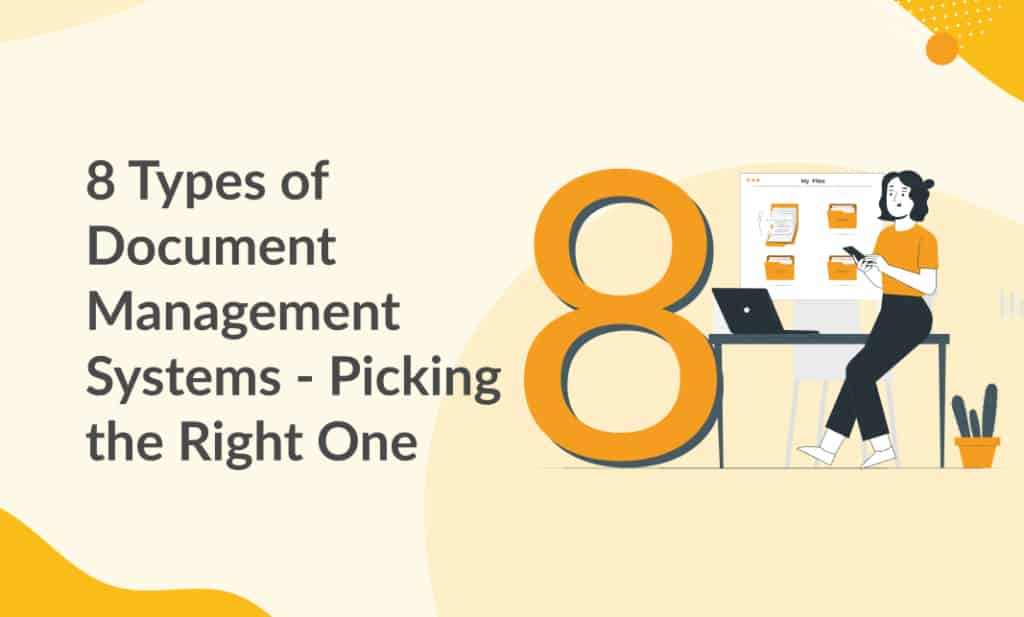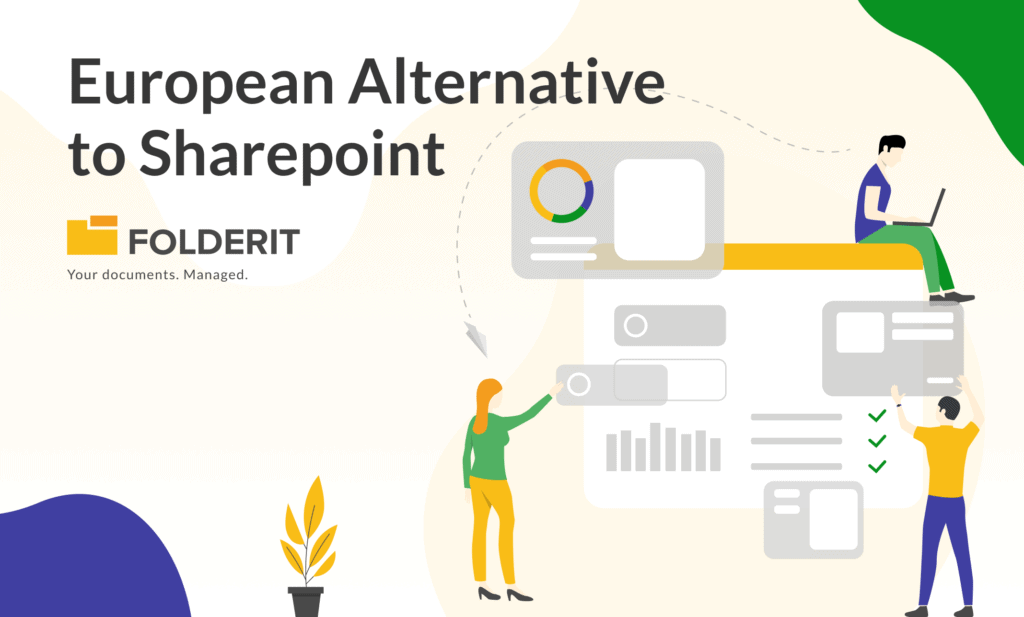
It’s crucial in this day and age for many people to have access to some sort of cloud storage. In a world that’s becoming increasingly more digital, for SMBs specifically, having online access to files and data is an important part of communication and smooth-running operations.
Having said that, such a dependency on cloud storage can make certain data extremely valuable, causing it to become a target for theft and misuse. This is what makes the privacy of this data so important. When it comes to cloud storage, the term ‘privacy’ is used by companies to assure users of their online safety, and provide them with peace of mind
But what really happens to users’ data may be different than what it seems, and SMBs need to pay attention to some of these issues in order to choose the right online solution for them.
1. Local Privacy Laws
Despite it being a cloud storage solution, physical location is of great importance too, due to location and local privacy laws. For example, Dropbox’s servers are based across the United States which isn’t known for being a very privacy-oriented country. This means that they’re often under heavy legal pressure to provide official organizations information when requested.
So, although the cloud storage solution you choose may agree to keep your data private, the legal jurisdiction of where it’s based my override that, meaning your data can be viewed and shared at will. Folderit datacenters are located in Ireland where the strict EU privacy rules apply, and Syndey where demanding Australian privacy laws have effect.
2. No Zero-Knowledge Encryption
Zero-knowledge is essentially a way of ensuring that a cloud storage service has absolutely no knowledge of or access to your data, and is possibly the best way of keeping all of your sensitive data completely private.
This is done by encoding your information BEFORE it’s uploaded online, and therefore it is only accessible by the authorized user (i.e. the person who uploaded it) by using some sort of password. If asked to hand over the data to anyone, the cloud service is simply unable to, as they have no knowledge or access to your data.
This also protects against hacking as, should the server be jacked at all, the hacker is still unable to access your data, as they won’t have the decryption key.
3. Third-Party Access
Thoroughly reading through privacy policies will easily reveal as to whether a cloud storage solution actually cares about your privacy. Although most claim to provide utmost privacy, reading through the fine print can reveal almost the opposite.
An example of this can be seen with some of the most popular cloud storage providers. They state that, upon signup, users give them permission to search through their personal files and content, as well as allow their ‘trusted third-parties’ to do the same. So, whether you’re a business or an individual, it’s important to understand that agreeing to this can be extremely hazardous for your business and data.
Conclusion
For an SMB that’s finally looking to make the leap towards cloud storage, it’s important to realize how useful and cost and time-effective it can really be for your business. Having said that, it’s also key to understand the small risks (mainly privacy) there are as well.
The very best way of ensuring the safety of your personal or business data is to pick a cloud storage solution that truly respects the privacy of its’ users, and only allows one person to view the data – the owner.
A highly recommended solution is Folderit. Folderit is the most user-friendly document management systems in the market and like we use to say — we’re in security/privacy business.



